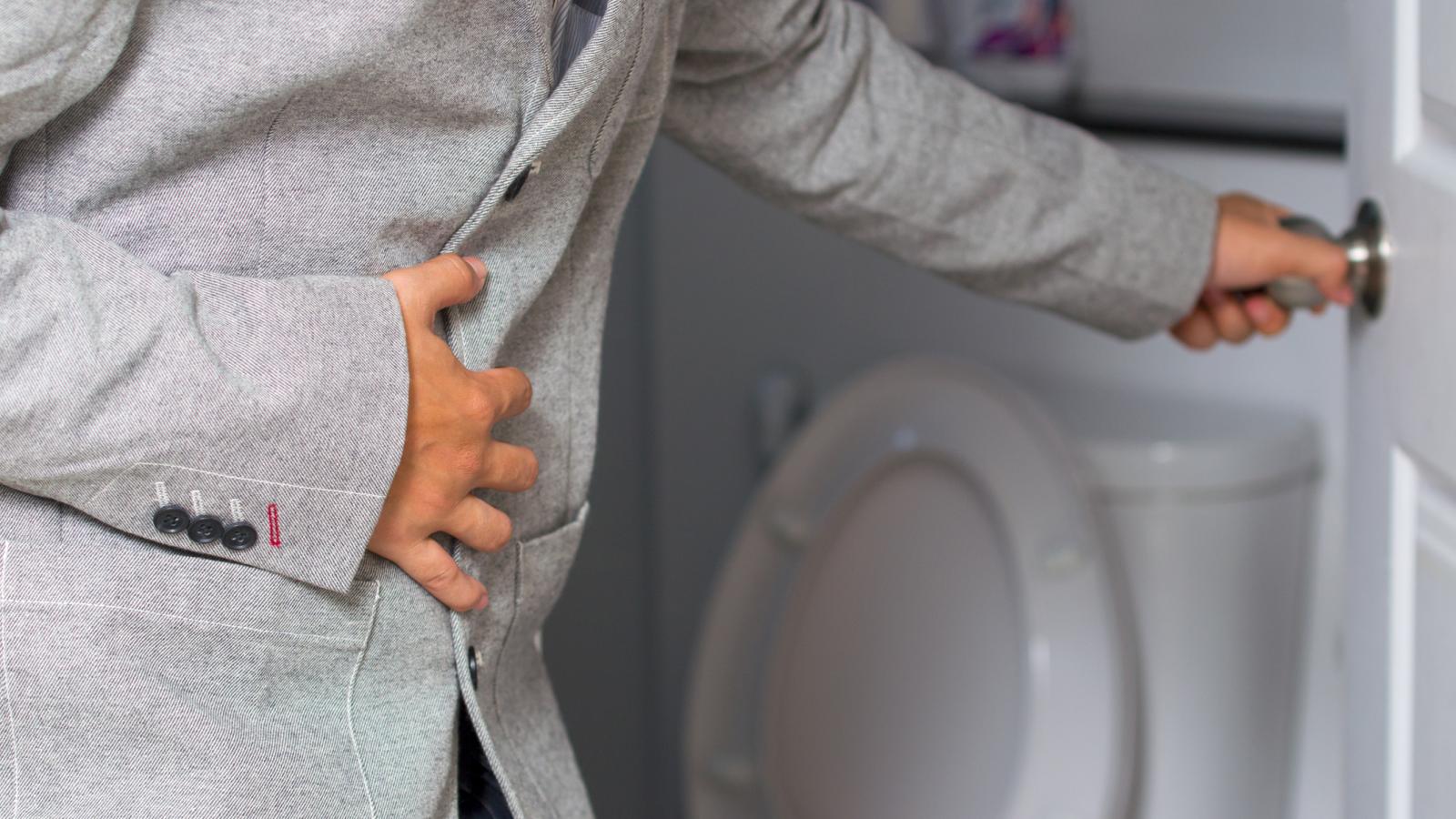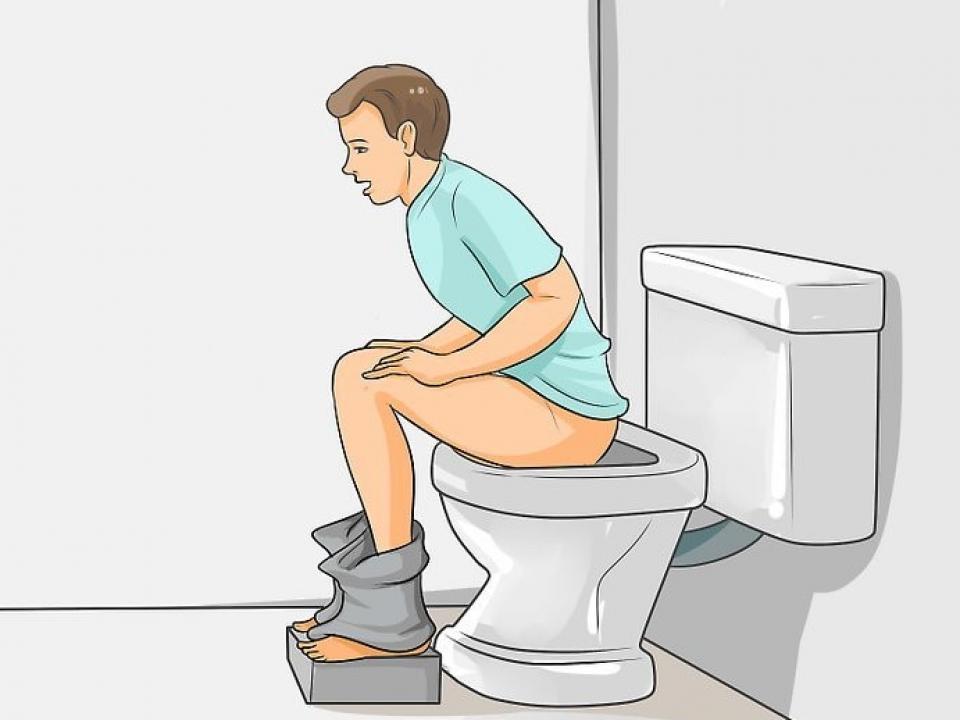Constipation and diarrhoea

Constipation
What are the symptoms?
Finding it difficult or painful to poo.
What causes it?
- Chemotherapy and other cancer drugs
- Painkillers
- Diet - lack of fibre or not drinking enough. Not eating enough can cause problems too, as there is not food in your bowel to keep it moving
- Being less active – physical activity can help the muscles that push food through your bowel to work better
- (Rarely) A blockage in your bowel or spinal cord compression
What should I do if I have symptoms?
Talk with your doctor if you feel that you have these symptoms.
How is it treated?
The best treatment for you will depend on what’s causing the problem.
- Diet. The hospital dietitian can advise you on how to eat more fibre and get enough fluids.
- Exercise. Gentle exercises can help to keep your bowel movements regular, so talk to your doctor or nurse for advice on what exercises you can do.

- Toilet position. Sitting with your feet raised, so that your knees are above your hips, can help with constipation.
- Medication. Laxative tablets can help with constipation.
Enemas and suppositories (medications that you put into your back passage) are not recommended if you are having chemotherapy.
If drug treatments don't work, your cancer care team may need to look for other more serious possible causes of constipation, such as pressure on the spinal cord and bowel blockage (obstruction).
Tips and hints - constipation
- Keep a record of when your bowel opens.
- Eat foods high in fibre. For example, wholegrain cereals, wholegrain breads, brown rice, wholewheat pasta, pulses (peas, beans and lentils), vegetables and fruit.
- Drink plenty of fluids. For example, 2 litres of water every day.
- Be as active as you can. Take gentle exercise, like walking or yoga, if possible.
- Eat regular meals.
- Drink fig syrup or prune juice.
- Try adding flaxseed to cereal, yoghurt or porridge to add extra fibre.
- Ask your doctor for a suitable laxative, especially if you are taking painkillers or anti-sickness medication that cause constipation.
Diarrhoea
What are the symptoms?
Passing watery bowel motions (poo) more than 3 times a day. You may also have stomach cramps or pain in your tummy.
What causes it?
- Chemotherapy and other cancer drugs
- Infections
- Long-term constipation or drugs used to treat constipation
- Nerve damage due to stomach surgery
How is it treated?
There are medicines called anti-diarrhoeals that can stop this side-effect of treatment. Take them as directed if your doctor prescribes them for you. If you have severe diarrhoea, you may become dehydrated and need to be admitted to hospital for intravenous fluids.
Tips and hints - diarrhoea
- Drink plenty of clear fluids (1½ to 2 litres a day) to replace what you lose with diarrhoea.
- Take liquids 30 minutes to 1 hour after your meal and/or between meals
- Eat small amounts of food during the day instead of three large meals.
- Take care with the following foods as they can make diarrhoea worse: Fatty, greasy and fried foods; fizzy drinks; drinks with caffeine like coffee, tea, cola and hot chocolate; citrus fruits, like orange and grapefruit, and tomato juices; foods containing the artificial sweetener sorbitol such as chewing gum and diet or low-calorie products.
- Avoid alcohol and tobacco. They can make diarrhoea worse.
- Ask your doctor/dietitian about probiotics. They may recommend trialling a probiotic product, but only when you have finished your treatment and your immune system has recovered.
- Call your doctor if the diarrhoea continues or gets worse, or if your stools (poos) are red or dark in colour.
If you are having immunotherapy, diarrhoea could be a sign that your bowel (colon) is inflamed.
Tell your doctor or nurse if you are passing bowel motions more often or if they are soft, loose or watery.
For more information
Phone
1800 200 700


